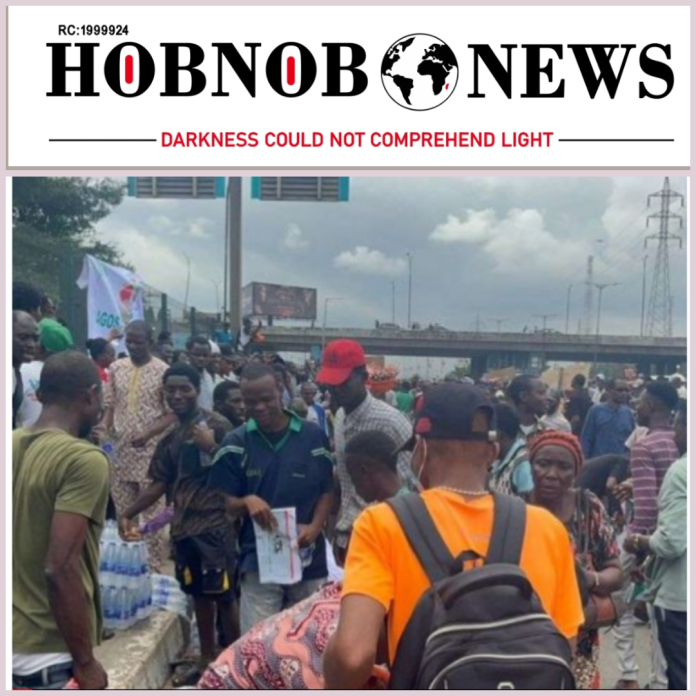The ongoing #EndBadGovernance protests in Nigeria have revealed significant lessons about the country’s political landscape, economy, and society. Here are five key takeaways:
1. *Decentering of Protest Culture*: The locus of protest culture has shifted from traditional activist groups to a leaderless, social media-driven movement, making it difficult for the government to identify and engage with protest leaders.
2. *Collapse of Northern Clerical Establishment’s Power*: The Northern Nigerian Muslim clerical establishment has lost its cultural, political, and social power, as protesters have rejected their counsel and openly criticized them as unreliable and mercenary.
3. *Government’s Cluelessness*: The federal government’s response to the protests has been ineffective, as it fails to understand the decentering of traditional authority and the shift in focus from dominant cultures to marginalized voices.
4. *Security Forces’ Response*: The police’s response to protests has been inconsistent, with some states showing restraint and empathy, while others have used violence, leading to escalation and bloodshed.
5. *Need for Genuine Nation-Building*: The protests have highlighted the need for genuine nation-building, as the Southeast region’s absence from the protests raises concerns about ethnic baiting and division.
Overall, the protests have shown that the government must address the people’s grievances, restore subsidies, and reverse disastrous economic policies to avoid further tumult.
HOBNOB NEWS

